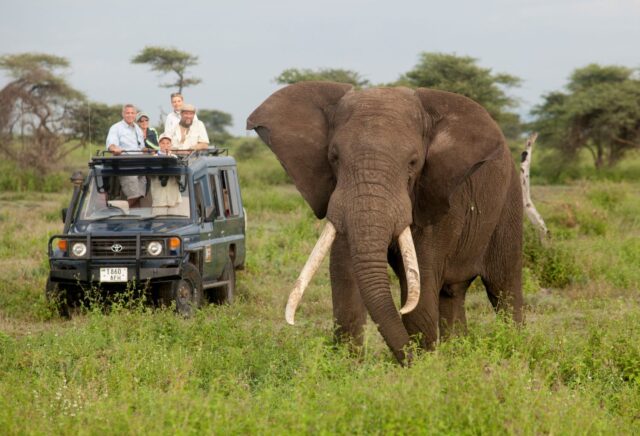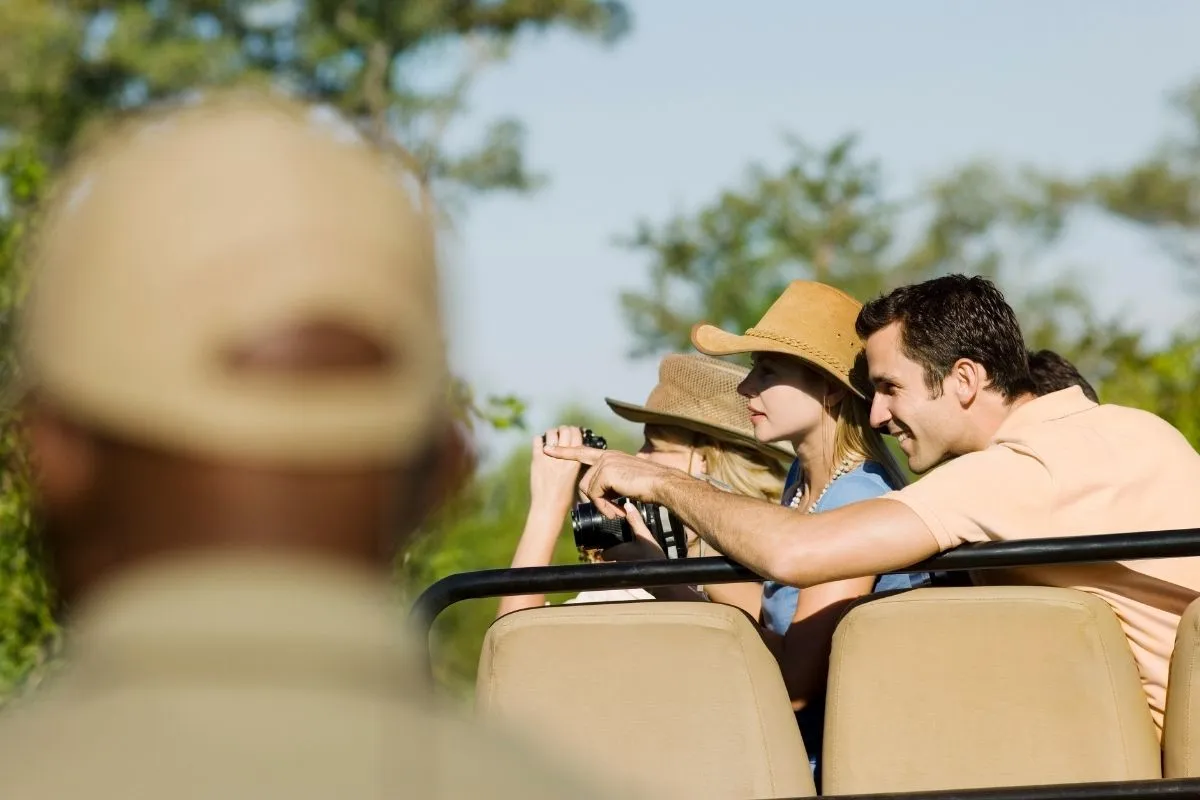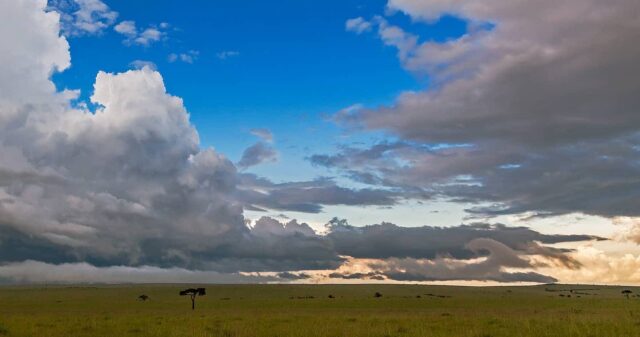
Embarking on a journey into the wild? Preparing for a safari that unveils the hidden wonders of the animal kingdom? Such an expedition demands thorough planning and careful consideration. The following guide brings you essential advice, diverse perspectives, and thoughtful insights for an unforgettable wildlife encounter. Whether you’re a seasoned adventurer or a novice nature enthusiast, read on to discover everything you need to know before embarking on this extraordinary journey.

Researching the Wildlife and Destinations
Exploring the natural habitats and selecting ideal locations for safaris calls for a detailed examination of your interests and preferences. Recognizing the wildlife species you hope to encounter and studying their natural habitats will guide you in choosing the best time and place for your safari. If observing elephants and lions in the African savannah is your dream, then locations like Tanzania and Kenya should be your target. On the other hand, tracking gorillas in dense forests might lead you to Uganda or Rwanda.
Once you’ve pinned down the type of wildlife you want to observe, consider the destination’s political stability, local regulations, and infrastructure. Utilize resources like wildlife documentaries, online forums, travel blogs, and guidebooks to gather information. Also, consult local experts and travel agencies for firsthand insights. Investigate visa requirements and health precautions as well, to ensure a smooth and untroubled expedition.
Choosing the Right Safari Operator
Your experience will be significantly shaped by the safari operator you select. Investigate various providers, considering factors like their reputation, experience, and commitment to sustainability. Seek out reviews and testimonials from previous travelers, but remember, not all online reviews are genuine. Personal recommendations from friends or family members who have embarked on similar journeys can be invaluable.
For the second part of this endeavor, look closely at the operator’s itineraries, accommodations, and included activities. Ensure that they align with your interests and comfort level. A well-planned safari not only entertains but educates, and your operator should have knowledgeable guides who can offer informative commentary on the flora and fauna you encounter. Cost matters too, so compare packages and be mindful of what’s included and what’s not.

Packing Smart for the Adventure
Embarking on a safari requires smart and considerate packing. Your wardrobe should be suited for varying weather conditions and tailored to your specific destinations. Neutral and earth-toned clothing is often recommended, as it blends with the surroundings and doesn’t attract or alarm the wildlife. Don’t forget the essential gear such as binoculars, sunscreen, insect repellent, and a first aid kit.
When considering luggage, remember that small charter flights to remote areas may have strict weight limitations. Pack only what’s necessary, focusing on versatility and function over fashion. Water-resistant and dust-proof bags are a wise investment and don’t overlook the significance of a comfortable pair of walking shoes. They’ll be your closest companion on this wild and wonderful journey.
Understanding Safety Precautions
Safety should never be an afterthought when preparing for a safari. It begins with acknowledging and respecting that you are a guest in the wild, and the animals are in their natural domain. While it’s exciting to be close to creatures you’ve only seen on screen, maintaining a respectful distance is crucial. Follow the instructions of your guide, who has the knowledge and experience to ensure a safe and pleasurable trip.
It’s not just the animals that necessitate safety precautions. Depending on the destination, there might be specific health risks to be aware of, such as malaria or yellow fever. Consult with a healthcare provider well before your journey, and adhere to the recommended vaccinations and medications. Additionally, purchase comprehensive travel insurance that covers emergency medical expenses, evacuation, and unexpected cancellations.

Photography Tips for Capturing Wildlife Moments
Photography will undoubtedly be a central part of your wildlife experience. Before your trip, get to know your camera, its settings, and how to quickly change them. When you’re in the midst of a breathtaking scene, fumbling with buttons can result in a lost opportunity. Investing time in practicing before the trip will pay off with extraordinary snapshots of your adventure.
The second aspect of capturing those magical moments lies in understanding animal behavior and having the patience to wait for the right shot. Interact with your guide to predict animal movements and find the best position for photography. Utilize various angles and lighting, and don’t be afraid to experiment with both close-up and wide-angle shots. Remember, sometimes the most stunning photos come from unexpected angles and moments, so keep your eyes wide open.
Preparing for Weather Conditions
Weather can be an unpredictable aspect of a safari adventure, but understanding the typical climatic conditions of your chosen destination will assist in preparation. If you’re traveling during the rainy season, waterproof clothing and gear will be indispensable. Conversely, the dry season may bring extreme heat, so lightweight, breathable attire would be advisable.
As you embark on this aspect of planning, do not merely rely on generalized weather information. Consult local weather stations or websites that provide monthly averages and historical data specific to your destination. Such insights will enable you to pack appropriately for the specific time of year. Whether you’re experiencing the cooling African rains or the scorching desert sun, being well-prepared ensures comfort during your explorations.

Knowing Safari Etiquette and Behavior
Understanding how to conduct oneself in the wild goes beyond mere manners; it’s about respecting nature and preserving the environment for future generations. This includes staying on designated paths and not disrupting the natural behavior of the animals. Talking in hushed tones and avoiding sudden movements ensures that you don’t startle or disturb the creatures you’ve traveled so far to see.
Besides, your interactions with fellow travelers and guides play a role in the overall experience. Cooperate with others, share viewing spaces, and be patient as everyone tries to capture their perfect moment. Recognizing that you are part of a larger group, with varying interests and expectations, promotes harmony and enhances the enjoyment of the journey for all involved.
Summary
A safari offers an unparalleled glimpse into the majestic world of wildlife, but the memories and impressions you bring back depend greatly on your preparation and approach. From researching destinations and wildlife, selecting the right operator, and packing wisely, to understanding safety precautions, perfecting your photography skills, and embracing local culture and conservation, every aspect of planning contributes to a remarkable and fulfilling journey.









